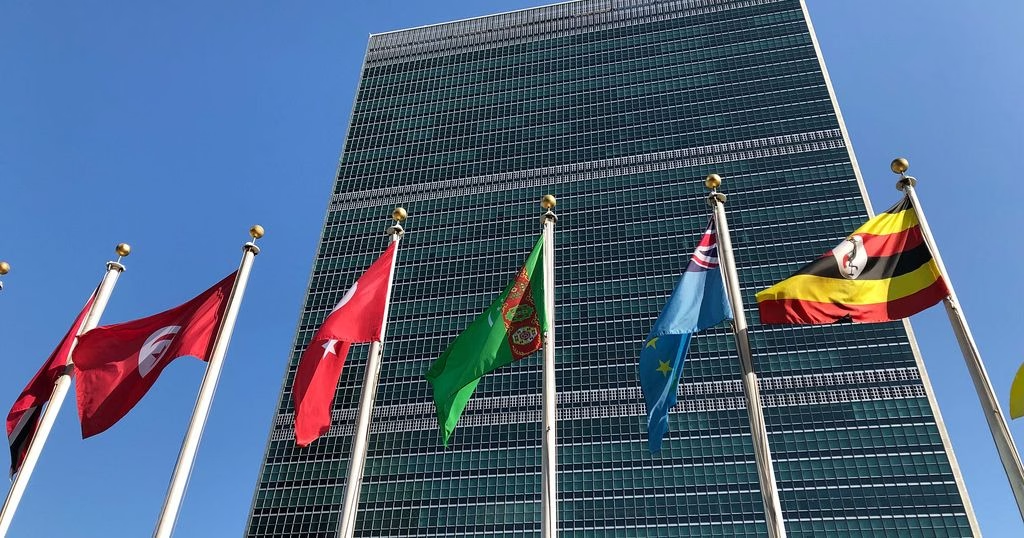
Initiating the Forum, Rae insisted that development cooperation should extend beyond UN and state-led initiatives to fully incorporate the contributions of international financial institutions and the private sector. “There is a misconception that this is solely a UN or UN and nation-state undertaking. It must include in a fundamental way the actions of the IFIs at all levels and the private sector’s efforts at every level,” he asserted.
Li Junhua, the UN Under-Secretary-General for Economic and Social Affairs, highlighted the implications of a fractured system. “Numerous countries are burdened with unsustainable debt, reduced fiscal space, and a fragmented development system that doesn’t align with pressing needs and priorities. In this flawed system, women and girls bear the most significant burden, facing disproportionate impacts that threaten to reverse the decades of progress on gender equality. The Secretary-General’s Report on international development cooperation, presented at the Forum, reveals these harsh realities.
The Assistant Secretary-General for Economic Development, Navid Hanif, remarked that the global development cooperation system is “not effectively addressing the needs and priorities of developing countries and local communities on the front lines of our efforts to meet the Sustainable Development Goals.” Cristina Duarte, the Under-Secretary-General and Special Adviser on Africa underlined the systemic failings of the global economy. “Globalization has linked economies together, but the multilateral institutions meant to manage its forces find it challenging to catch up,” she stated, “the current economic model has amassed wealth in unprecedented ways, yet it has also exacerbated inequalities, weakened states, and marginalized billions of people.” She pointed out a contradiction central to development finance. “We face a paradox. Areas where we have responsibility do not correspond to where financial resources are located. Financial capital is on the other side of the world,” highlighting the disparity between decision-making power and financial resources in the global system.
The Forum precedes the Fourth International Conference on Financing for Development, scheduled for June 30 to July 3, where Member States will debate potential reforms to the development cooperation architecture. The Forum’s outputs will feed into these discussions, aiming to ensure that international funding better serves the most vulnerable.






